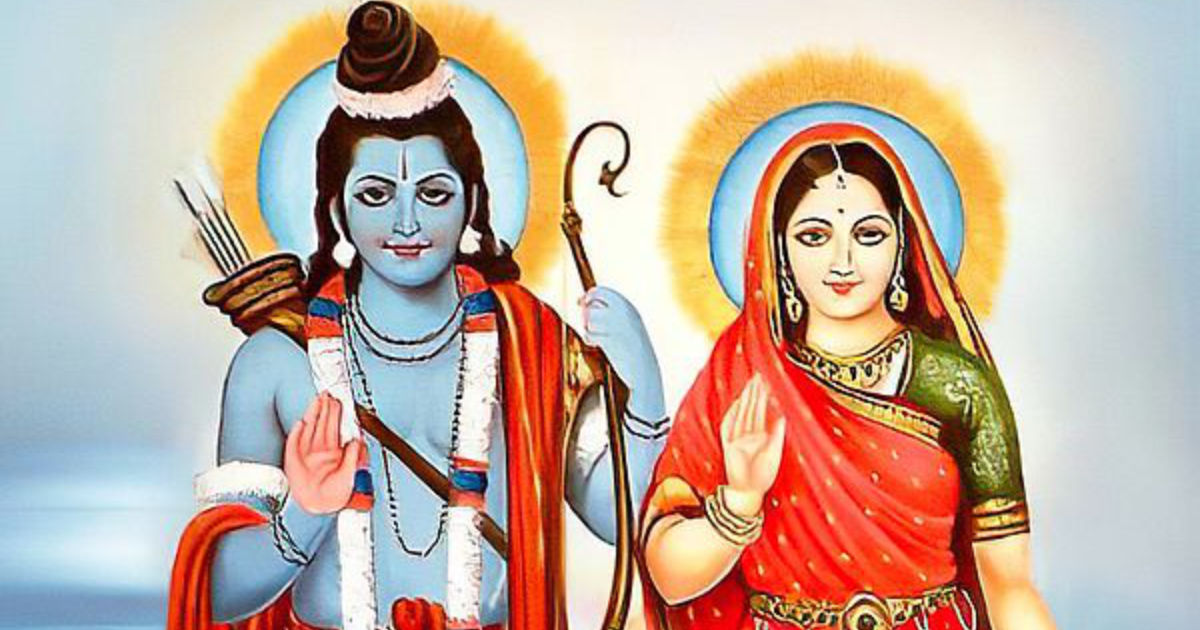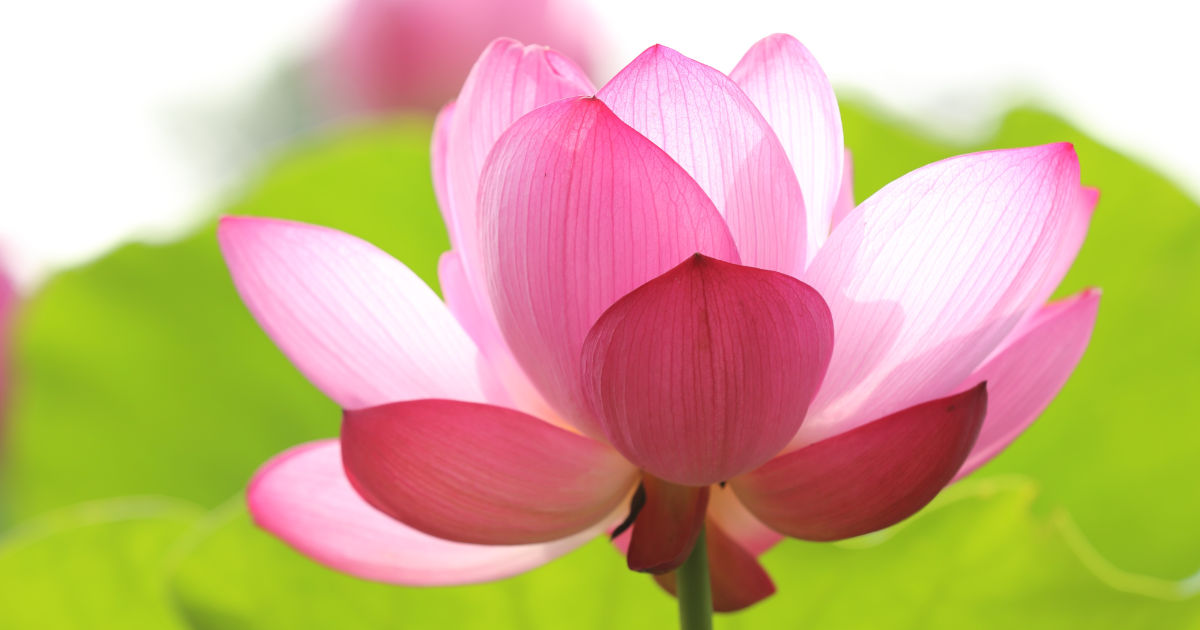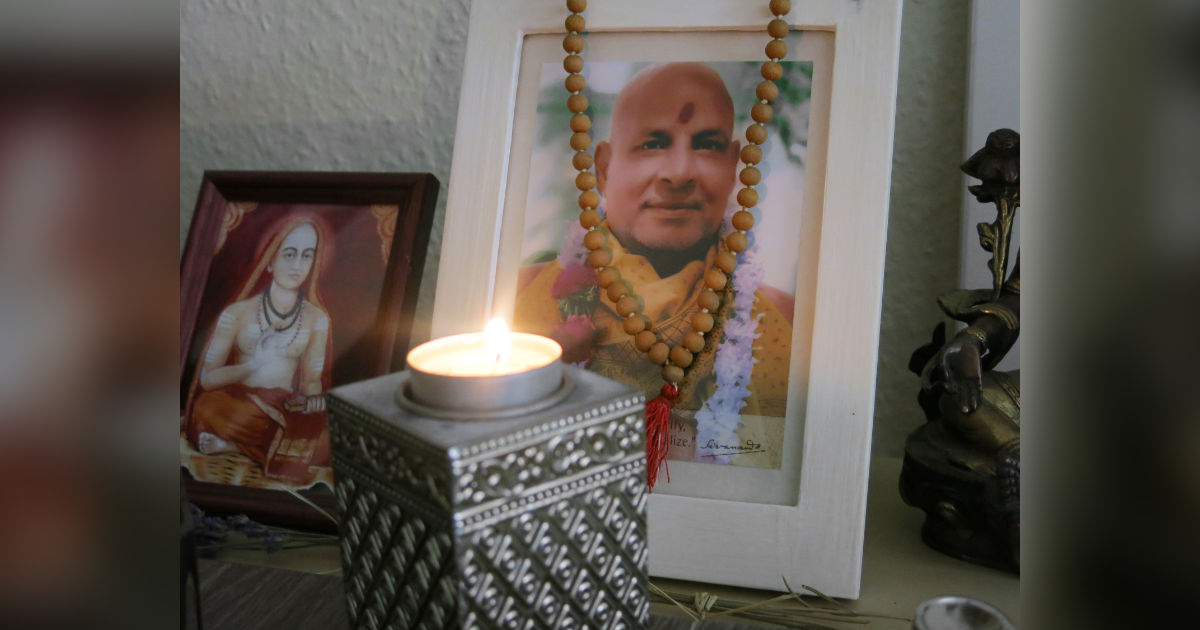Ram is the seventh avatar of Vishnu, and he is born as a mortal. In our Hindu tradition, Ram is a divine human, a mortal god incorporating both into the exemplar who transcends both humans and gods. The story of his life is in the Ramayana and the Ramayana is an allegory for the duties, rights and social responsibilities of an individual. He is a superior being and does not render evil for evil. Continue reading
Tag Archives: Kama
924 – The importance of Kama
And the curbing of Greed
Kama is desire and it is a part of the fourth Purushartha and greed is an obstacle in the way of Bhakti.
Let us understand what Purushartha means. It means the objectives of mankind. These goals are Dharma, Artha, Kama and Moksha. Dharma is the “order and custom” that makes life and universe possible. They are also described as the four pillars of Hinduism. Purushartha also means that an individual should have a meaningful life (Artha) by earning earning an honest livelihood through lawful means (Dharma), fulfil his desires (Kama) and attain liberation (Moksha). Continue reading
914 – Anger, greed, confusion, worldly love and lust
Are we free of them? They are very much part and parcel of our lives. These characteristics are blocks in our pursuit of bhakti. I have written about Lust (Kama) in one of my blogs, so I do not want to repeat myself. Continue reading
913 – Our frenemy on the spiritual path
It does not read well. Why should one have friends who are enemies? If one is on the spiritual path, one’s enemies should drop by the wayside. I am using the word frenemy as it describes the role of Kama in one’s life. Kama can pretend to be a friend and can also be an enemy. Continue reading
879 – Who is the mirror?
Loneliness and solitude are two different things. When you are lonely, it is easy to delude yourself into believing that you are on the right path. Solitude is better for us as it means being alone without feeling lonely. But eventually it is best to find a person, the person who will be your mirror. Remember only in another person’s heart can you truly see yourself and the presence of God within you.
Extracted from the book, The Forty Rules of Love by Elif Shafak. Continue reading
803 – 5 stages of love in Hindu philosophy
Love is the most important emotion, and we cannot survive without it. In Hindu philosophy, we have a description of it and also different kinds of love are connected to many stories. The five stages of love are Kama (Sexual desire), Shringar (Romance), Maitri (maternal love, compassion), Bhakti (Cultivate love for God), Atma Prema (Self-love). Continue reading
688 – Which comes first?
Which comes first? Desire or anger? Desire is an intense feeling of wanting, possessing. Anger is rage, fury, wrath. Desire can be converted into anger.
Arjuna asked Krishna, how have desire and anger come into existence? What makes them grow? What is their nature and what is their role? How are they born? What is the cause of their growth? What is their nature? What is their effect, when they are full blown? Continue reading
608 – The Hindu Code of Conduct
Hinduism is the world’s oldest religion. It is also known as Sanatana Dharma. It is a natural religion and its practices and philosophies are considered accessible to all.
All beings from the smallest organism to man, are considered manifestations of the divine. Hinduism views the universe as a family, or in Sanskrit, Vasudhaiva Kutumbakam. Continue reading








